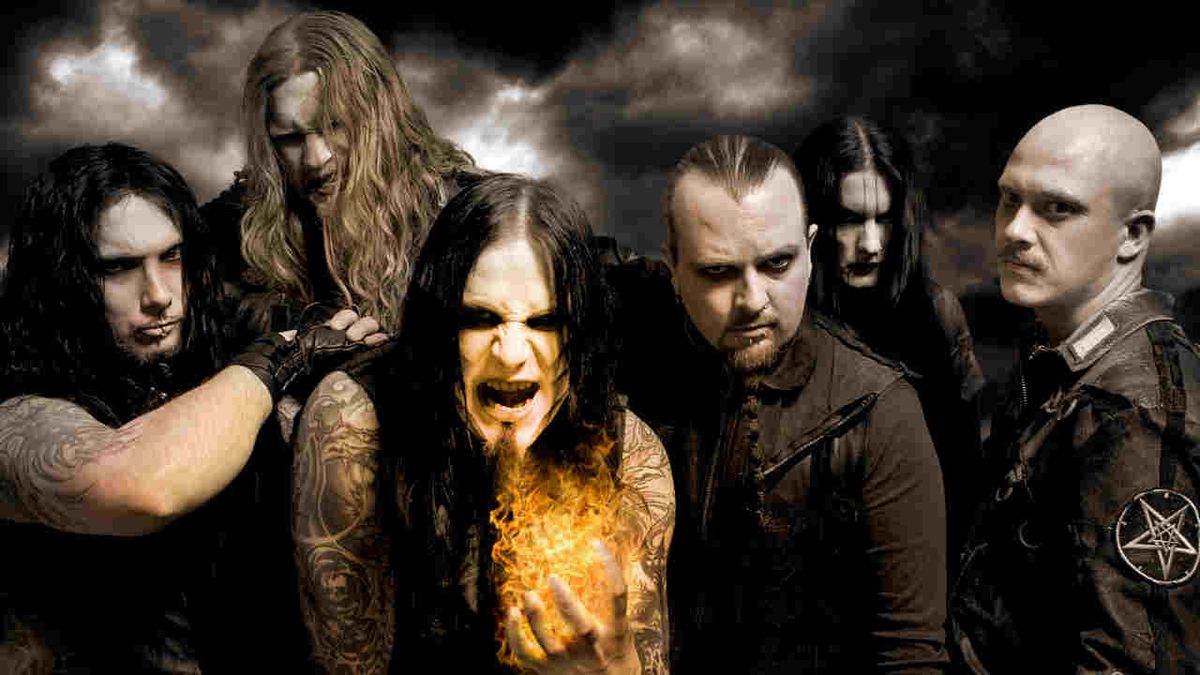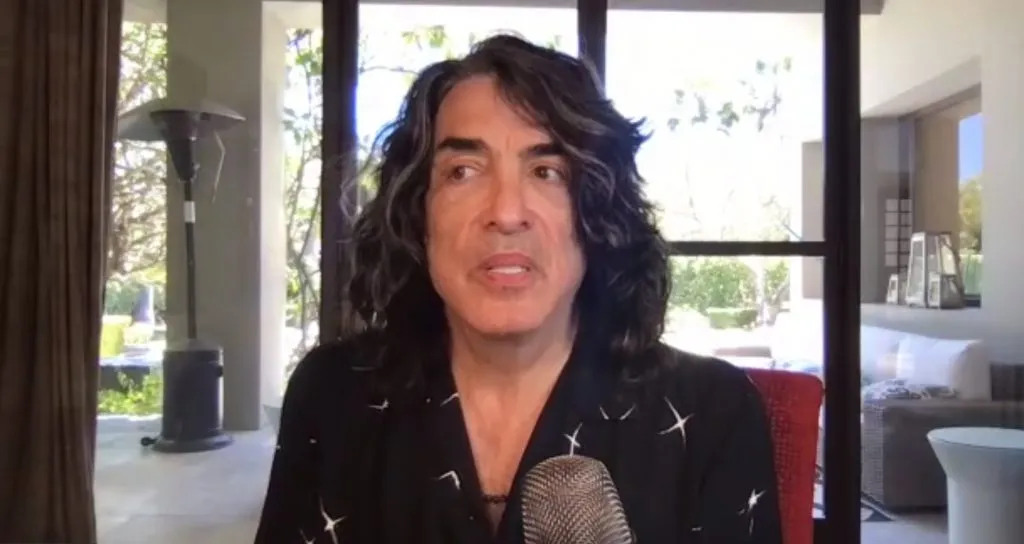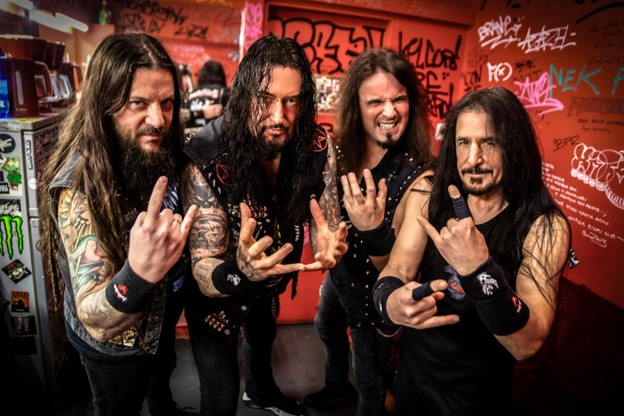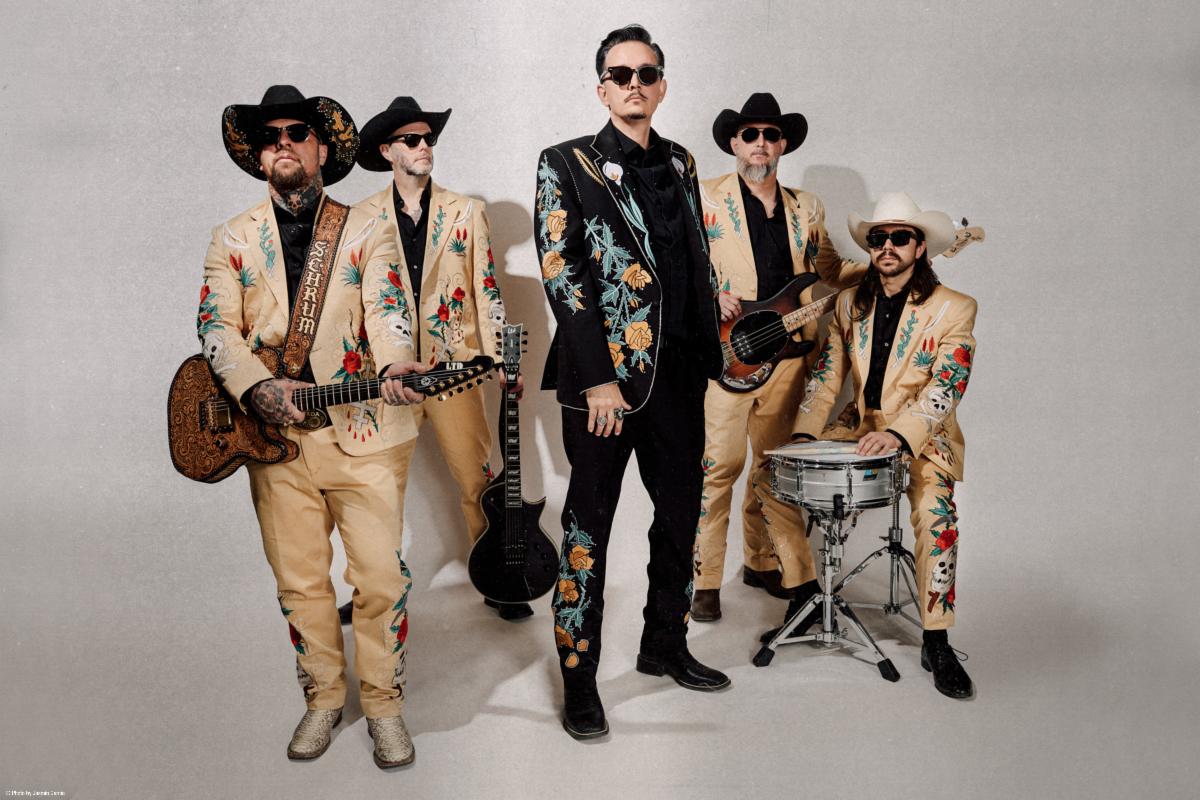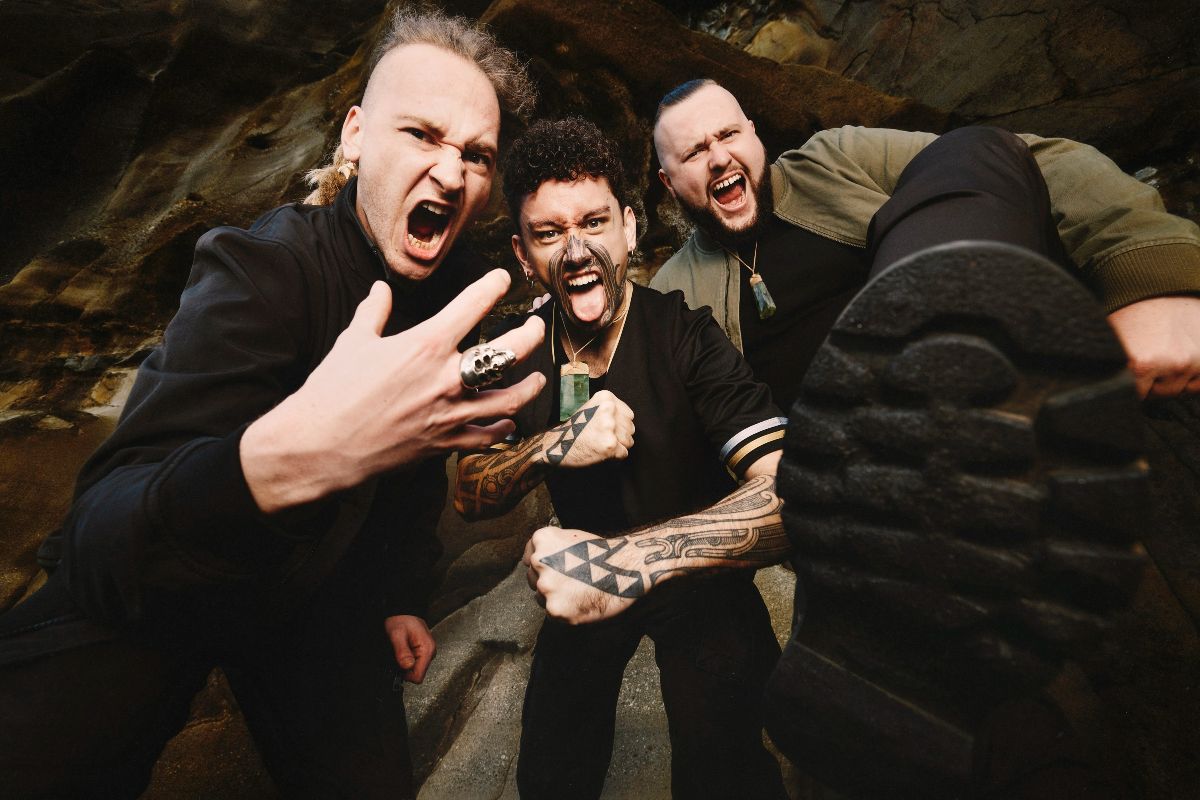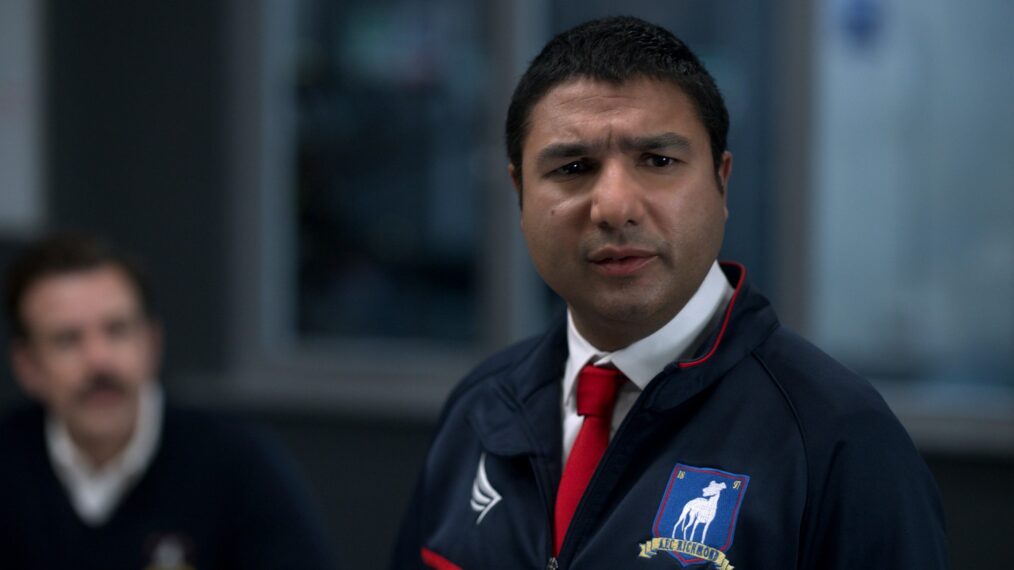
Ted Lasso is all about the underdogs and among the show’s greatest underdog stories has been that of waterboy-turned-coach Nate Shelley.
Nick Mohammed‘s character took a turn to the dark side in Season 2, but Mohammed’s performance earned him his second Emmy nomination for the series and deservedly so. While he may have been one of the most-hated characters by the end of the second season — for betraying former mentor Ted (Jason Sudeikis) and team AFC Richmond — there’s plenty to admire about Mohammed’s portrayal which sees the former sidekick transform after gaining some power.
Below, Mohammed reflects on his Outstanding Supporting Actor in a Comedy Series nomination and takes a deep dive into Nate’s psyche as we head into Season 3 with the controversial character.
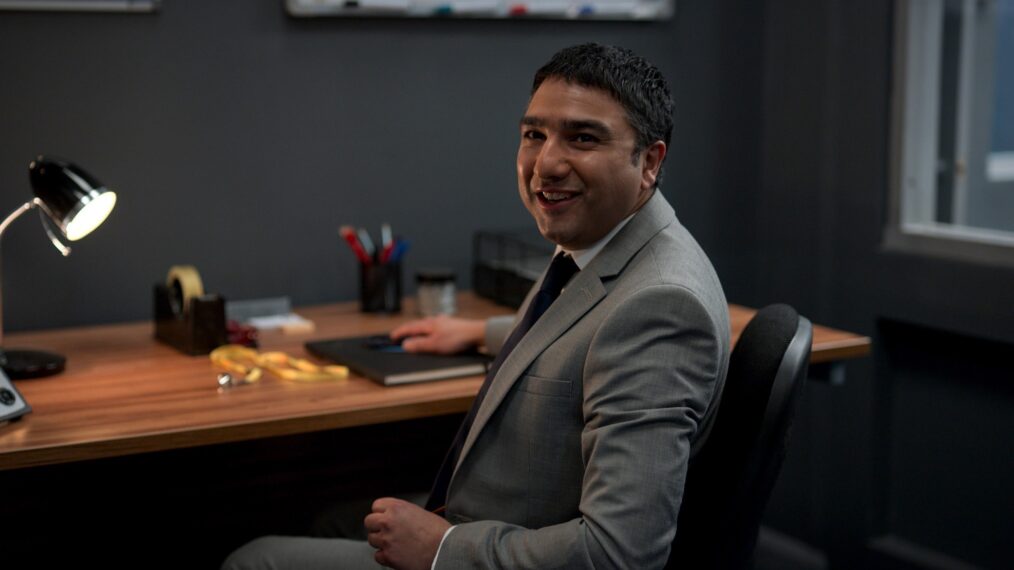
(Credit: Apple TV+)
Congratulations on your Emmy nomination. What does it mean to be nominated for your performance alongside several of your costars?
Nick Mohammed: We’re all delighted and so pleased for the show as a whole. It means the world, really. I absolutely didn’t see it coming. Obviously, there’s quite a significant throughline for me in Season 2. Quite a challenging one to pull off. I think the writers did an incredible job of feeding that turn across the whole season. And also, feeding it even in Season 1 to an extent. I was just delighted that had all come together and to be recognized is a dream come true and still a bit of a shock really.
Do you have any special Emmys celebrations planned?
I never attended last year, and from what I gathered it was a smaller-scale event in terms of COVID protocols and so on. Whereas I think this year it’s a little bit more back to normal. We’ll still be shooting actually. But I think we got two or three days off filming so that we can attend and get back in time so we’re not too jet lagged or anything. It will be a real treat and I’m really looking forward to it. I feel really grateful to be a part of such a nice cast and we’re all like family now.
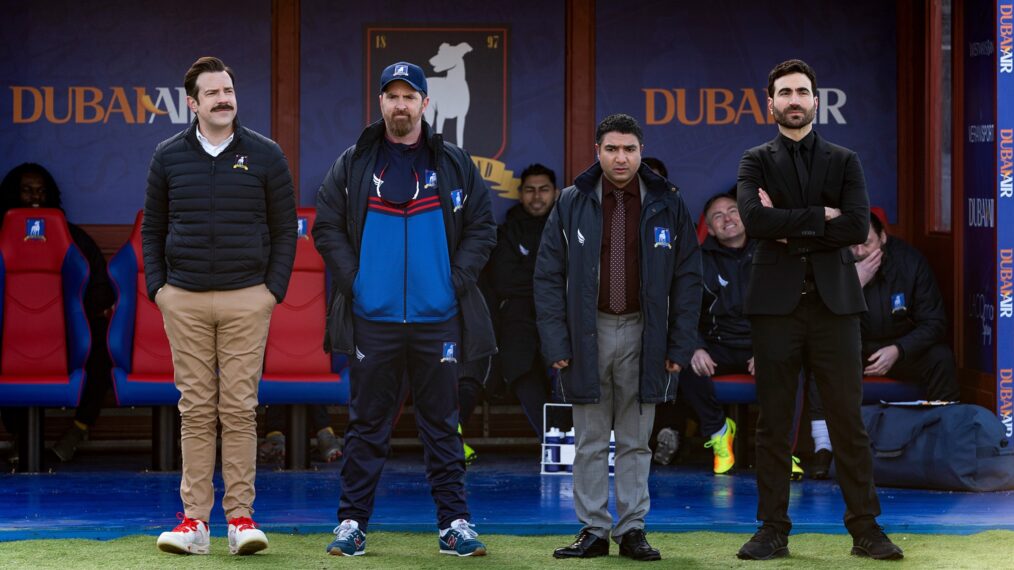
(Credit: Apple TV+)
I like to refer to Nate’s journey in Season 2 as his “villain” origin story. Was it a fun challenge taking on his darker side or were you hesitant to bring him there?
I’d known about it for a long time. Even before Seasons 2 and 3 had been commissioned in the first place. Jason [told me] about his plans for the three-season arc of Nate. [We have] such smart writers. So I was aware of Nate’s “villain” origin story. [I was told] this was going to be the kind of Empire Strikes Back season as far as Nate is concerned. And we’re going to see him go to the dark side. I obviously can’t give away what happens in Season 3, but it’s another rollercoaster.
Nate is this underdog, Ted empowers him and then he comes out on top. He gets promoted to coach and it means the absolute world to him. And as an audience, I think we really kind of relate to that and feel that euphoria in the way that Nate does, so when he ultimately betrays Ted and the club and makes so many wrong decisions in Season 2, including being deeply inappropriate with Keeley… Because the fall from grace is even greater, we feel like, F**k, now he’s just betrayed all of us, and allowed all the toxic energy within him to come to the top.
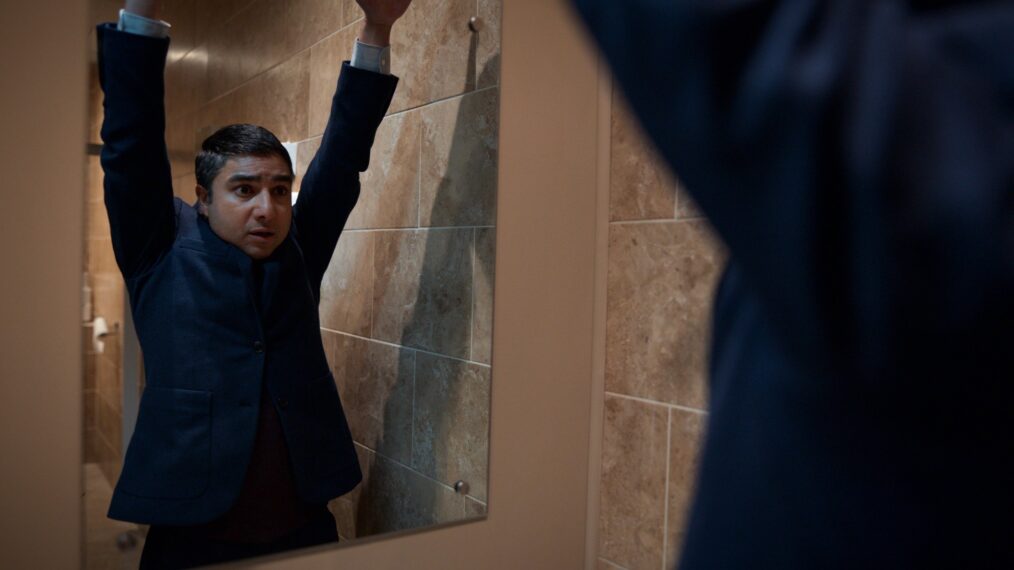
(Credit: Apple TV+)
I was hesitant in that I knew that audiences would have a reaction here, whether that’s positive or negative. I think for the most part people were really disappointed in Nate, but that’s correct. I think the writing needed and wanted them to feel that we’ve been portrayed in that way. And I was aware that it would be a challenge for me in that sense because I guess I hadn’t really done emotional or dramatic acting before in Ted Lasso.
Nate goes from an underdog to a top dog. What exactly is it that turned him to the dark side — his toxic relationship with his dad, Ted’s lack of attention, or being bullied in the past?
I think it’s possibly a combination of a lot of those things. So much of [the show] is about, relationships with mentors or fathers or mothers, that’s examined quite a lot thematically. But I think he’s never really had a support network. I mean, his mom loves him, and possibly coddles him a little bit, but that relationship with his dad has never really been there. He’s always been a disappointment in his dad’s eyes. And that replicates in the workplace because in Season 1 he’s bullied. And so in Season 2 with a great position of responsibility and a little bit more power, Nate instantly [reverses roles].

(Credit: Apple TV+)
Without a decent support network, he’s feeling alienated and abandoned by Ted. And Ted sort of fulfilled that role of a father figure in Season 1. Ted isn’t really there in that kind of way in Season 2 because he’s dealing with his own issues. And as a result, Nate just feels completely abandoned. He’s never had that position of power or responsibility before. So he just starts to act inappropriately and there’s no one there keeping him in check. That combined with the social media thing as well, he’s self-obsessed with how he’s presented and all these things are paranoia driving him mad really.
What form of betrayal was worse: Nate joining Rupert’s club or tearing Ted’s “Believe” sign?
I completely think the sign. Because when I was told about the sign, that felt the most impactful point. Because the sign has been used throughout all of Season 1, and a lot of Season 2, as just this absolute emblem of hope and positivity. So the idea that Nate leaves it on the desk for Ted to see, I think that really packs a punch and I think it says a lot about where Nate is. Rupert’s certainly not going to be a positive influence in this life. I can’t give away where that heads, but the believe sign definitely felt for me like the biggest gut punch in terms of betrayal.
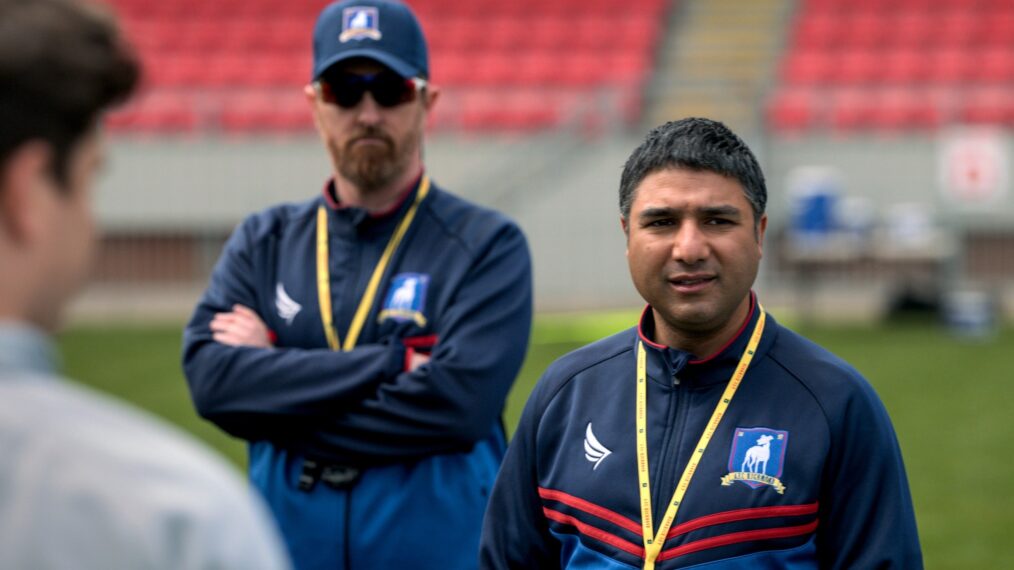
(Credit: Apple TV+)
Is it fun playing into Nate’s “evil” side? Will we see that more in Season 3?
It’s fun because as an actor you always relish an opportunity to do something a little bit different and more challenging. I remember when I started playing it in Season 2, I was worried that there wasn’t enough in the shade. Season 2 was taking a character that everyone had kind of grown to love and then slowly allowing people to turn against him and sort of see that there’s no hope. And in Season 3 I almost want them to try and see where he’s coming from a little. He’s still making bad decisions, but I always wanted an audience to sort of still empathize with him.
We’ll see or not, I don’t know, it’s always been this kind of constant tightrope of knowing that he’s making these excruciating, wrong decisions, but also that it comes from a much deeper troubled place. And that he’s possibly not wholly to blame, that maybe elements of his dad in there and so on that have kind of allowed him to become who he is.
Obviously, the fans have had a lot of feelings about Nate after Season 2. Has it been difficult hearing their criticism or do you just appreciate that they care?
Oh yeah, definitely the latter. Before, all the angst that people have felt witnessing Nate’s downfall and obviously quite a lot of social media as well, just being so angry at Nate for making these decisions, but that’s absolutely correct. The writers were very clear as to where they wanted to take Nate and they pushed him to this extreme end. I think we all slightly anticipated that people wouldn’t be thrilled with where Nate was going, but everyone has always been very respectful to me. They’re able to separate the character from the actor thus far.
It’s completely right that people were feeling this, as they should. And we also know that we’re in the middle of Nate’s story as well. Not saying that there’s redemption necessarily, but we know that we’re in two out of three seasons. And so there is more to come at it certainly is a rollercoaster for Nate. So watch this space.
Ted Lasso, Season 3, TBA, Apple TV+



